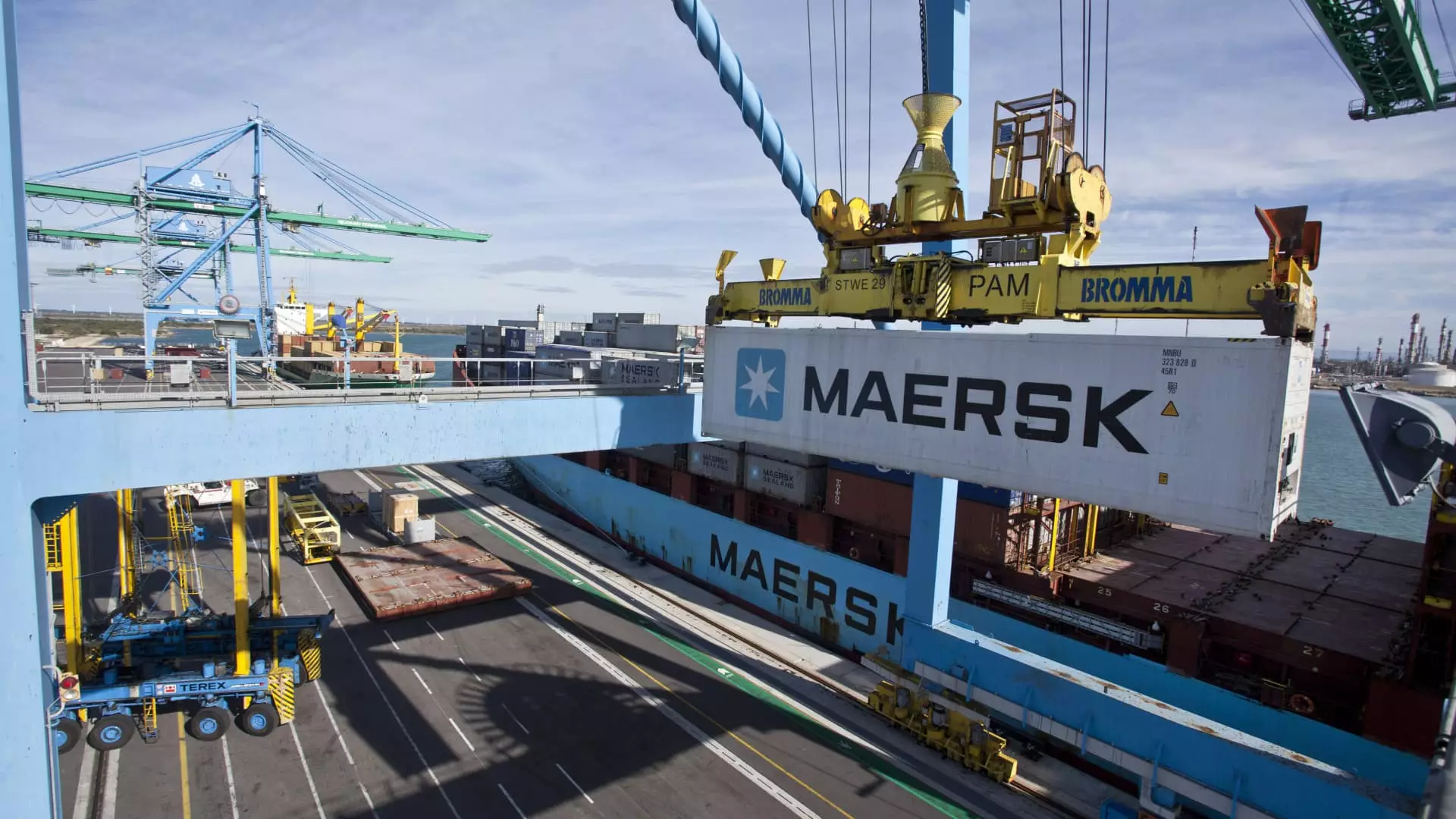Danish shipping company, Maersk, recently announced its second-quarter earnings, revealing a significant drop due to a decline in container rates. Despite this setback, the company managed to exceed market expectations and even upgraded its full-year guidance. Maersk, often considered a bellwether for global trade, reported a profit before interest, tax, depreciation, and amortization (EBITDA) of $2.91 billion for the second quarter, a substantial decrease from the record-breaking $10.3 billion achieved in the same period in 2022. Analysts had estimated an EBITDA of $2.41 billion, according to Refinitiv data.
Factors Contributing to the Decline
Maersk’s decline in earnings can be attributed to the normalization of ocean freight rates. Throughout 2022, the company experienced exceptional profits driven by skyrocketing rates, but as those rates began to stabilize, their earnings inevitably suffered. Revenue for the second quarter dropped by 40% year-on-year, falling from $21.65 billion to $12.99 billion. The company cited two factors for this decline: falling container rates and weak volumes, particularly in North America and Europe due to continued destocking.
Reduced Shipping Container Demand
Maersk forecasts a further reduction in global shipping container demand and now expects volumes to fall by as much as 4%, compared to the previous worst-case scenario of 2.5%. This outlook reflects the challenges faced by the industry, as global trade continues to grapple with the effects of the pandemic.
The Role of Cost Containment
Despite these obstacles, Maersk highlights its decisive actions regarding cost containment, which have helped mitigate the impact of the market normalization. By focusing on cost reduction and efficiently managing their contract portfolio, the company has been able to navigate through these challenging times. CEO Vincent Clerc emphasized that cost focus will remain a central element in Maersk’s strategy as they continue to tackle the subdued market outlook expected to persist until the end of the year.
As a result of the second-quarter performance and the ongoing market conditions, Maersk has adjusted its profit forecast for the full year. The company now expects underlying EBITDA to range between $9.5 billion and $11 billion, a slight narrowing from the previous estimate of $8 billion to $11 billion. This adjustment indicates cautious optimism for the remainder of the year, considering the uncertainties surrounding global trade dynamics.
Danish shipping giant Maersk faced challenges in the second quarter with a significant decline in earnings. The normalization of container rates, coupled with weak volumes and continued destocking, contributed to the reduction in revenue. However, the company’s focus on cost containment and efficient management of their contracts has helped soften the impact of these challenges. While Maersk acknowledges the subdued market outlook, they remain cautiously optimistic and have adjusted their profit forecast for the full year. As a key player in the global shipping industry, Maersk’s performance serves as an important indicator of the overall state of global trade. The current hurdles faced by the company highlight the need for adaptability and resilience within the shipping sector in order to navigate through the uncertainties and maintain sustainable growth.


Leave a Reply